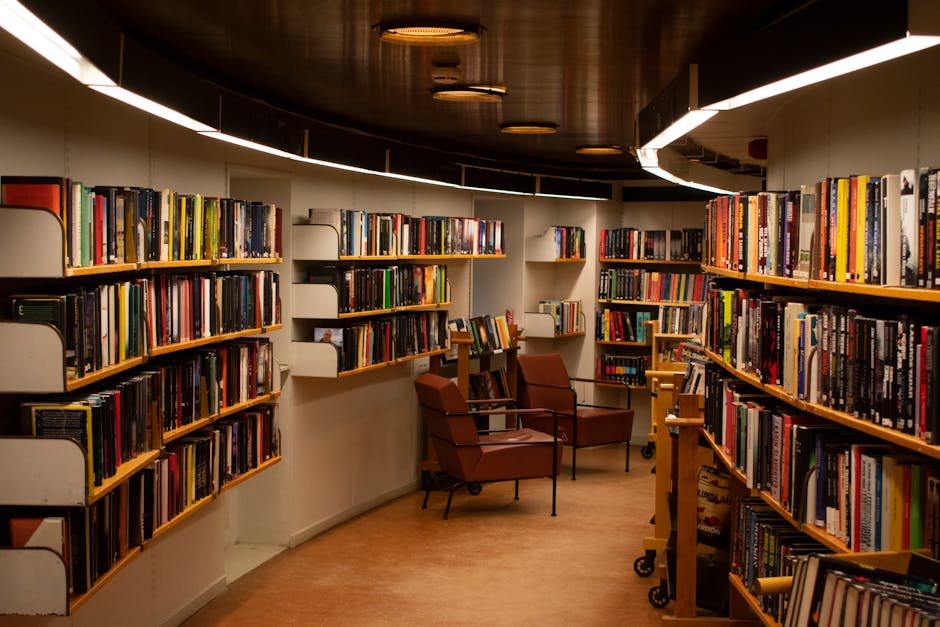Literature, often lauded as a mirror reflecting society, frequently presents a distorted image. While certain voices are amplified and celebrated, countless others remain muted, their experiences and perspectives marginalized in the vast tapestry of written narratives. Identifying and understanding the underrepresented voices within literary works is crucial to fostering a more inclusive and representative portrayal of human experience. This exploration delves into the diverse groups whose stories are often overlooked, highlighting the systemic factors that contribute to their absence and the urgent need for change.
A critical examination of literary canons reveals a stark imbalance. For centuries, dominant narratives have largely centered on the experiences of privileged groups, primarily white, heterosexual, cisgender males from Western cultures. This skewed representation perpetuates a narrow view of the human condition, neglecting the richness and complexity of lived realities for others. Authors from marginalized backgrounds often face hurdles in gaining recognition, facing challenges in access to publication and in navigating biases within the publishing industry. The result is a literary landscape that fails to capture the full spectrum of human experience.
One significant category of underrepresented voices encompasses individuals based on race and ethnicity. Historical narratives, often crafted by those in power, have systematically minimized or erased the contributions and struggles of people of color. This lack of representation extends to contemporary literature, where characters from diverse ethnic backgrounds are frequently stereotyped, relegated to supporting roles, or absent altogether. The representation of indigenous peoples and their cultures, often portrayed in ways that are both misrepresentative and insensitive, further exemplifies this gap. Stories from the African diaspora, Asian communities, Latinx communities, and countless other groups remain significantly underrepresented, hindering the development of a more inclusive literary dialogue.
Gender remains a powerful force shaping the narrative landscape. Female characters in literature frequently find themselves relegated to stereotypical roles, often as damsels in distress or victims requiring male intervention. This limited portrayal fails to acknowledge the complexity of female experience and the multitude of roles women have historically and continue to assume. Furthermore, the representation of LGBTQ+ individuals, both as characters and authors, is tragically sparse. Homosexuality and transgender identities are frequently depicted with prejudice or simply absent, creating a distorted view of human sexuality and erasing a vast section of the population’s experience.
Socioeconomic status is another crucial factor in understanding underrepresented voices. Literature often fails to give voice to the experiences of those from marginalized socioeconomic backgrounds. The complexities of poverty, hardship, and social inequality are rarely presented with nuance, often reducing these characters to simplistic depictions or placing them within a framework determined by the experiences of more privileged individuals. The lack of representation perpetuates harmful stereotypes and prevents deeper understanding of economic and societal disparities.
Disability is another facet of human experience that is largely absent or inaccurately depicted in literature. Characters with disabilities are often portrayed as pitiable figures or as obstacles to overcome, rather than as fully realized individuals with their own unique perspectives and stories. This lack of representation not only reinforces negative stereotypes but also fails to acknowledge the rich tapestry of experiences within the disability community. Mental health, another critical aspect of human life, suffers similarly from underrepresentation, often portrayed with stigma and misunderstanding.
Geographically, the literary world frequently prioritizes certain locations, while others remain invisible. Literature from countries other than the United States and Western Europe, despite contributing vital and unique perspectives, is often marginalized within dominant literary canons. The experiences of marginalized individuals in these regions are thus obscured, often eclipsed by narratives focusing on the Western world.
Beyond these key categories, numerous other voices are underrepresented. The experiences of religious minorities, people with disabilities, refugees, and those facing other forms of oppression are frequently ignored or misrepresented. These systemic issues highlight the need for greater awareness and action.
The task of amplifying these underrepresented voices extends beyond simply including more characters of color, female, LGBTQ+, or from other groups. It demands a fundamental shift in perspective, a willingness to engage with differing perspectives, and an understanding that diversity is not merely a collection of identities but a rich source of human experience. Literary critics, educators, and readers must actively seek out and support authors from marginalized backgrounds, fostering a more inclusive literary landscape where multiple viewpoints can flourish. This includes seeking out independent publishers and supporting small presses that publish writers from varied communities. Educators should also actively incorporate diverse voices into their curriculum, providing students with exposure to a wider range of perspectives and experiences.
The pursuit of inclusivity in literature is not merely an academic exercise. It is a fundamental step towards creating a more just and equitable society. By embracing the multifaceted experiences of the many silenced voices, we can foster a richer, more nuanced understanding of the human condition. The stories of these voices, when heard, can inspire empathy, challenge prejudice, and ultimately lead to a more harmonious and equitable world.
